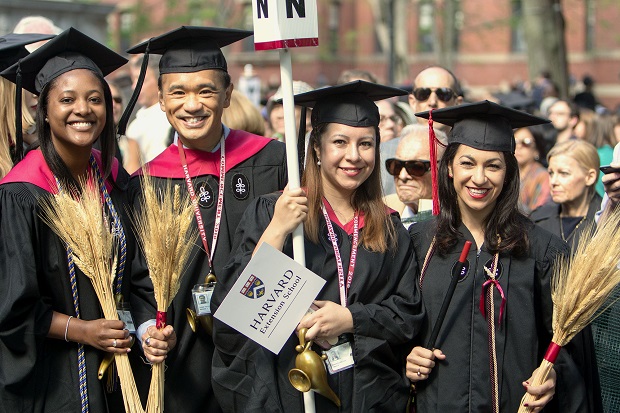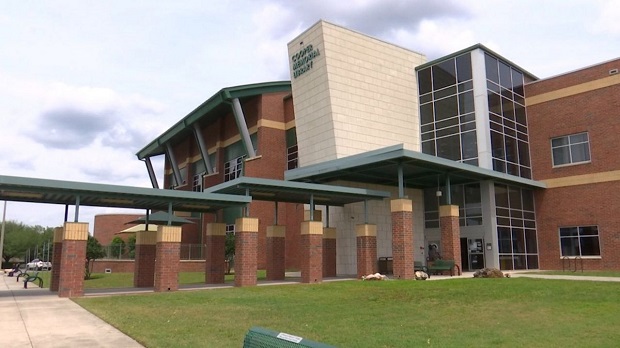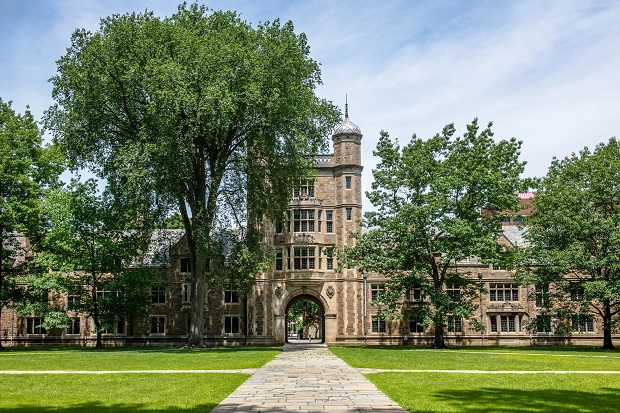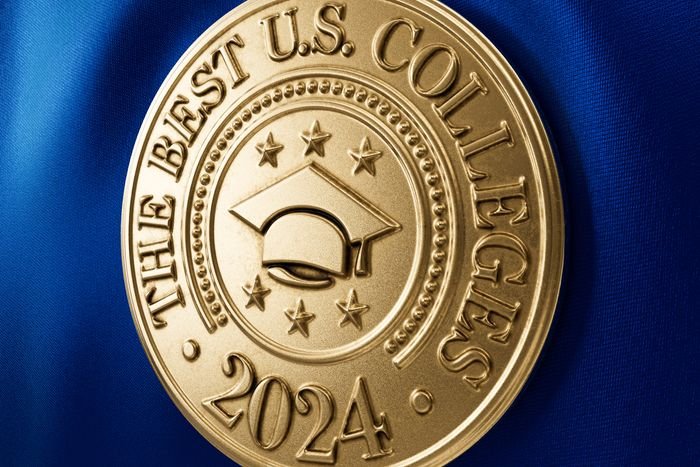The storied halls of Harvard University have become an unexpected battleground where ideologies collide, pitting one of America’s most prestigious institutions against the Grand Old Party. This clash has sparked heated debates across the nation, challenging the boundaries of academic freedom and political influence. Delve into the Harvard and GOP clash, where tradition meets modern political friction, illuminating the wider implications for educational and governmental institutions alike. Stay with us as we unpack this complex confrontation.
Harvard and GOP Clash: An In-Depth Exploration
The relationship between academic institutions and politics has always been intricate and often controversial. This complexity becomes particularly evident when renowned universities like Harvard are involved in disputes with political entities. The recent clash between Harvard University and the GOP (Republican Party) serves as a prime example, highlighting issues of academic freedom, political influence, and financial interests. In this detailed exploration, we will delve into various aspects of this multifaceted conflict, analyzing its origins, impacts, and broader implications for society.
The Roots of the Rivalry
The Harvard-GOP clash didn’t emerge overnight. Instead, it’s rooted in a history of ideological differences between higher education and conservative politics. To understand this dynamic, we must look at several key areas:
- Academic Environment: Universities are traditionally seen as bastions of liberal thought, prioritizing principles such as academic freedom, diversity, and social responsibility. These values can sometimes conflict with conservative ideologies.
- Funding and Support: The competition for federal funding, scholarships, and grants is fierce, and political leanings can often sway the direction of this support.
- Policy Implications: Research produced by institutions like Harvard often informs public policy. When such policies appear to contradict conservative goals, tensions escalate.
- Appointment of Faculty: The hiring of professors with predominantly liberal perspectives is frequently a point of contention.
Understanding the historical context sets the stage for examining the current conflict with a nuanced perspective.
Flashpoints in Harvard-GOP Relations
Several incidents have brought the simmering tensions to the forefront. These flashpoints are often triggered by policy changes, controversial appointments, or public statements made by either party. Here are a few noteworthy examples:
- Policy Debates: Academic papers and studies at Harvard that tackle contentious subjects such as climate change, immigration, and taxation often draw ire from GOP members who may have opposing views.
- Faculty and Speaker Selection: The selection of faculty members or guest speakers with liberal leanings can result in public clashes, with GOP figures calling for more balanced representation of perspectives.
- Student Demographics: The GOP has criticized Ivy League universities like Harvard for their admissions policies, arguing that they might disadvantage certain groups, reflecting broader ideological divides around affirmative action.
By examining these flashpoints, we can grasp the specific issues that frequently cause friction in Harvard-GOP relations.
Recent Controversies and their Repercussions
One recent high-profile controversy involved Harvard actions that were perceived as politically biased by the GOP. These actions led to a series of consequences:
- Outcry from Party Members: Vocal opposition from prominent GOP figures brought national attention to the dispute, with calls for transparency and ideological balance on campus.
- Alumni Response: Some alumni threatened to withhold donations, highlighting the financial leverage that stakeholders can exert over academic policies.
- Policy Proposals: In response, there were legislative proposals at the state and federal levels aimed at regulating or defunding certain academic programs seen as partisan.
- Public Debates: Public debates on news platforms and social media escalated, with stakeholders from both sides making their case to the public.
These repercussions demonstrate how an academic-political clash can extend beyond the walls of the university and into the national conversation.
Impact on Academic Freedom and Research
The ongoing clash has significant implications for academic freedom and the integrity of research at Harvard and beyond. Academic freedom serves as the cornerstone of intellectual exploration and innovation, allowing scholars to pursue truth without external pressures. However, when political battles spill over into the academic realm, this liberty can be compromised:
- Self-Censorship: Faculty and students may feel pressured to avoid topics that could be deemed controversial, limiting the scope of academic inquiry.
- Research Funding: Political conflicts can influence the allocation of research grants, potentially skewing the focus of studies towards less contentious issues.
- Fair Representation: There’s an ongoing debate about how to ensure that a diversity of political viewpoints is fairly represented in the curriculum and faculty.
Analyzing the impact of the GOP-Harvard clash on these areas is critical for understanding how political dynamics shape academic landscapes.
Navigating the Tensions: Harvard’s Approach
In the face of these challenges, Harvard has taken various steps to navigate the tensions while striving to maintain independence and uphold its academic standards:
- Dialogue and Communication: Hosting public forums and workshops to foster dialogue between divergent political viewpoints.
- Transparency in Funding: Implementing clearer guidelines and reporting mechanisms for research funding to minimize suspicions of bias.
- Curriculum Assessment: Reviewing curricula to ensure that various political ideologies are represented and that critical thinking is encouraged.
- Community Engagement: Strengthening outreach to the local and national community to demonstrate the university’s commitment to diverse perspectives.
Harvard’s efforts to address these tensions offer insights into how institutions can maintain integrity in politically charged climates.
Looking Towards the Future: What’s Next?
Looking ahead, the Harvard-GOP clash is likely to continue evolving, with implications for higher education and politics alike. As we consider the future of this relationship, several key factors come to the forefront:
- Policy Changes: Changes in national or state education policies could reshape the dynamics of academia and funding.
- Leadership Shifts: New leadership at either Harvard or GOP could bring fresh perspectives and strategies for resolving conflicts.
- Technological Advancements: The rise of technology in education may create new battlegrounds for ideological disputes, as well as opportunities for collaboration.
- Global Context: International developments can influence domestic politics and academic pursuits, further complicating the Harvard-GOP relationship.
Anticipating these factors can help us understand potential scenarios that may arise in this ongoing narrative.
In summary, the clash between Harvard and the GOP is emblematic of the broader challenges facing academic institutions in an increasingly polarized political landscape. By dissecting the roots of the conflict, examining flashpoints, and understanding the consequences, we gain a clearer picture of the stakes involved. Harvard’s response and the potential paths forward offer valuable lessons for universities and policymakers alike. As we have seen, the Harvard-GOP clash is not just a story of rivalry, but a complex interplay of values, power, and knowledge—elements that will continue to shape our society for years to come.
Now They Don’t Like Harvard? GOP Blasted By Civil Rights Lawyer In SCOTUS Clash
Frequently Asked Questions
What are the main issues behind the clash between Harvard and the GOP?
The central issues that have caused a clash between Harvard University and the GOP often revolve around differing ideologies related to education, policy-making, and governance. The GOP may challenge Harvard’s perceived liberal bias in academia or oppose specific research findings that contradict conservative policy stances. Additionally, disputes over federal funding for research, affirmative action in admissions policies, and the role of higher education in societal change frequently contribute to tensions.
How is Harvard responding to the GOP’s criticisms or actions?
Harvard typically responds to criticism from the GOP by defending its policies, research, and educational practices through official statements, press releases, or op-eds. The university may also engage in dialogue with policymakers to address concerns, advocate for academic freedom, and reiterate its commitment to diversity and inclusion. Moreover, Harvard often relies on its extensive alumni network in both political parties to navigate political challenges and support its mission.
What potential outcomes can emerge from the Harvard-GOP confrontation?
The outcomes from confrontations between Harvard and the GOP can range from policy changes and revised educational practices to heightened public debates on the role of higher education. These situations can lead to increased scrutiny of university policies or even legal challenges, particularly in areas like affirmative action. Conversely, such clashes could foster more robust discussions and collaborations that bridge political divides and result in policy reforms or initiatives that reflect diverse viewpoints.
How does the conflict between Harvard and the GOP affect students and faculty?
Conflicts between Harvard and the GOP can impact students and faculty by potentially altering the campus environment and the university’s priorities. Students may experience changes in curriculum, research opportunities, or financial aid, while faculty could face shifts in funding for research or pressure to modify teaching content. The clash may also stimulate more vigorous academic debate on campus and encourage civic engagement among the university community.
Can the Harvard-GOP clash influence other universities or the broader higher education sector?
Yes, disputes between Harvard and the GOP can have a ripple effect across other institutions and higher education in general. As a leading university, Harvard’s actions often set precedents that can influence policies, academic freedom, and the approach to controversial issues at other universities. Additionally, legislative and policy changes resulting from such clashes can affect funding, accreditation, and the regulatory landscape for all higher education institutions.
What are the historical precedents for political clashes involving Harvard or similar institutions?
Harvard, like many prestigious universities, has a history of political engagement and has encountered clashes with government entities in the past. Historically, such conflicts have involved debates over academic freedom during the McCarthy era, resistance to the Vietnam War, and the push for divestment from apartheid South Africa in the 1980s. These precedents demonstrate the university’s active role in political discourse and the potential consequences of its stand on various issues.
Final Thoughts
The Harvard and GOP clash underscores a significant ideological divide, reflecting the broader national debate on educational policy and academic freedom. The GOP’s scrutiny of Harvard’s decisions and the university’s defense of its principles highlight the ongoing tug-of-war over the role of higher education in America.
In the end, the Harvard and GOP clash is more than a mere disagreement; it’s a microcosm of the country’s polarized political landscape. How this tension resolves could set a precedent for universities nationwide, balancing academic integrity with political expectations.







